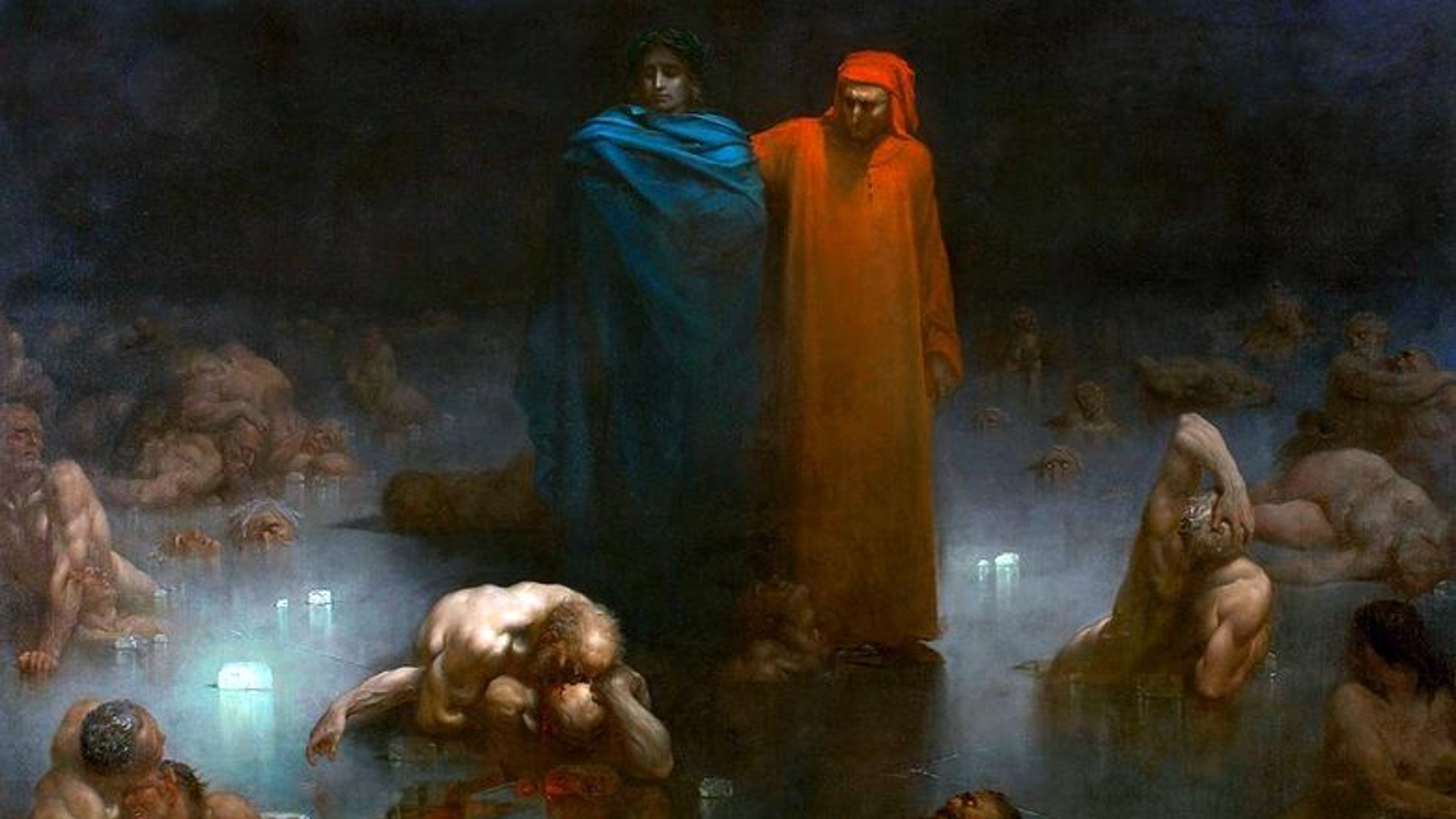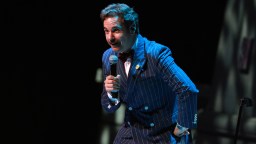Lewis Black argues that when it comes to comedy, defying political correctness is categorically different from mean-spirited rhetoric, plus political correctness has no desire to laugh.
Lewis Black: Political correctness has got no room in comedy. There's no room for political correctness. It implies that you're going to say something that is going to be, it's going to go over the line; it's going to be aggressive; it's going to be upsetting; it might imply something about someone or some group. There's political correctness and then there's just out right hate stuff, bigoted comedy. But political correctness has a tendency to jump the gun before you get to bigotry
Political correctness has no sense of humor, so it doesn't know. I will mention guns in my act, and not that this is politically correct, it's the same sort of thing. I'll say guns and then the audience - you immediately feel the audience get uptight because I've said nothing but guns. They don't know what I'm going to say; they have no idea; they got no clue and they jump on it.
So, what happens in a politically incorrect joke is they hear the first part and they stop listening. So they don't know what the goddamn joke is about. I have little or no time for it. And if you have trouble with that what you do is you laugh – if you think a joke was mean bad or something that was politically incorrect, you still laugh at the joke and you go Ha, ha, ha and then later on you go, “That was bad. I was bad to laugh at that.” Do it on your own time.
I would go to a college campus. The last one I went to was Penn State last year and it may have been even longer ago when Sandusky – they had just gone through the year of Sandusky and Paterno. My opening act had even done Sandusky - jokes about him. And we thought “We can't do that because these kids have just been…” - and when you got onstage you realized these kids are shell-shocked because they're not even laughing at what they normally would laugh at.
Afterwards when we avoided the topic completely the kid who writes for the paper wrote that - the way he put it - we were pussies for not talking about it. So, it doesn't matter which way you go you're going to lose some of the time.
I always take the moment - because when I'm on a campus or I'm in an area where I know political correctness - when I go to those places and I tell a joke and I know that they're not going to laugh because they are going to think it's politically incorrect, I just go at the audience. It's a moment in which you can actually teach them. I think it's important to at least make the attempt to get across to them that they should enjoy themselves. Because otherwise, if we continue to move in that direction, then we're going to be living between uptight and stupid and there will be no in-between.






